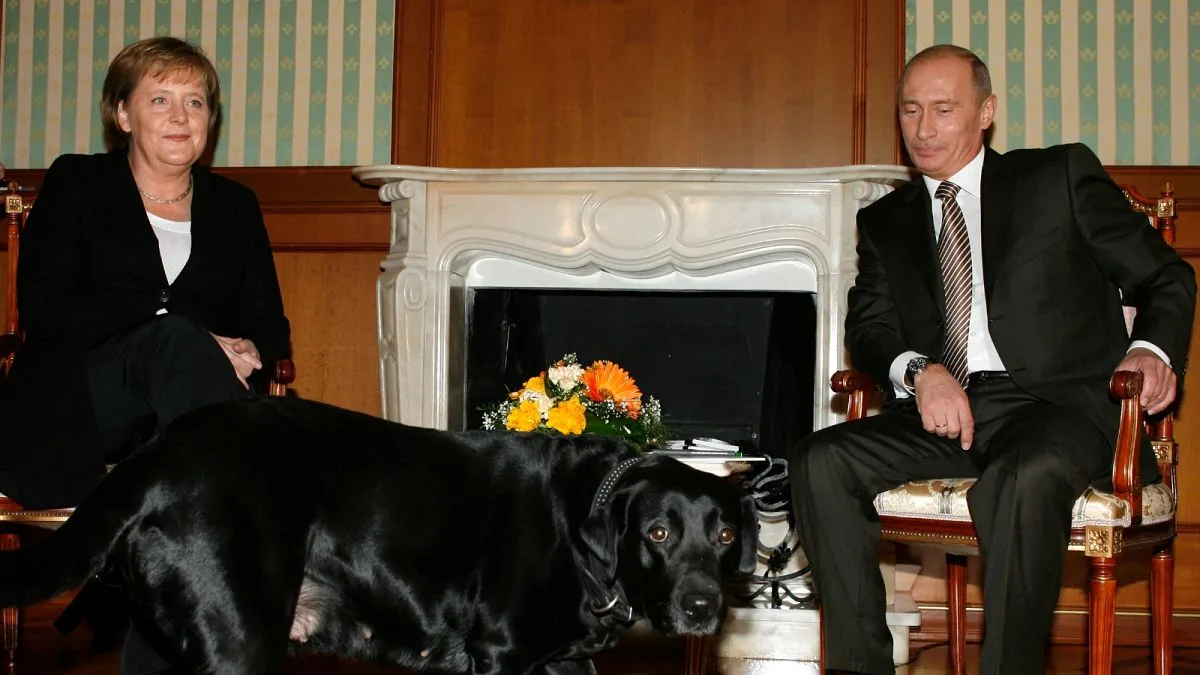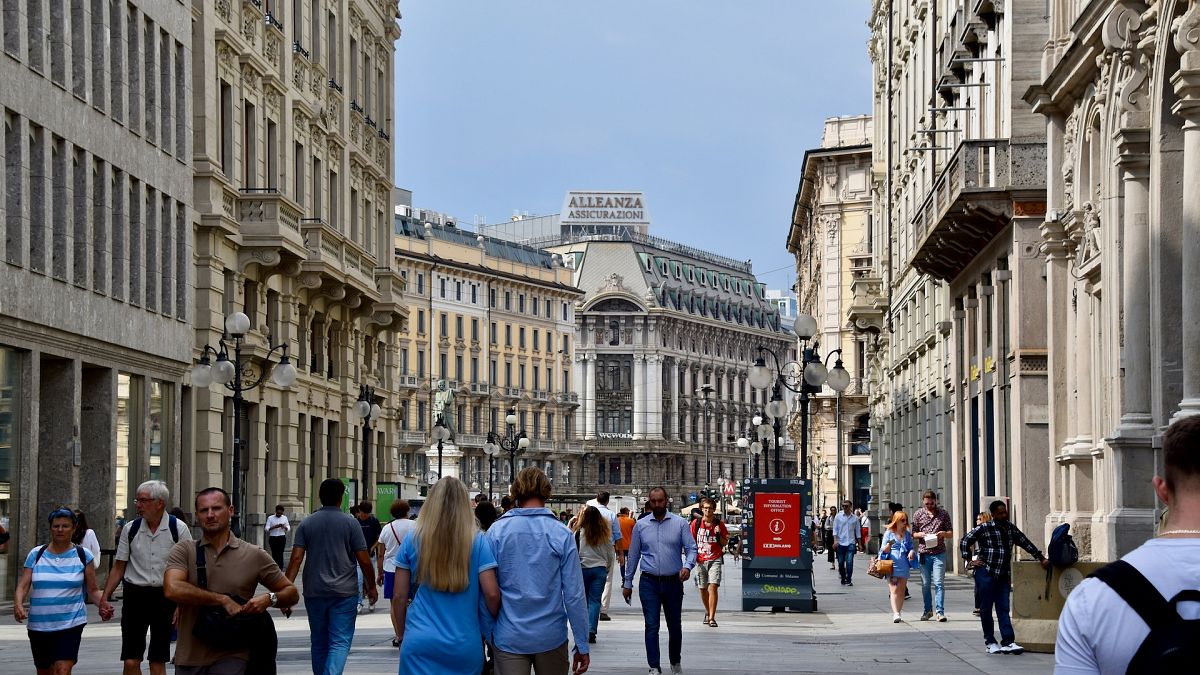Angela Merkel’s memoirs provide an in-depth look at her time as the Chancellor of Germany, offering insights into her interactions with notable global figures such as Vladimir Putin, Barack Obama, and Donald Trump, along with her reflections on Brexit.
In her recently released memoirs titled “Freedom,” former Chancellor Angela Merkel, age 70, opens up about critical moments during her illustrious 16-year leadership in Germany. With a candid tone, she shares her experiences navigating global challenges, including the financial crisis, the European debt crisis, the influx of refugees in 2015-2016, and the COVID-19 pandemic.
Merkel’s narrative transitions from her formative years in communist East Germany to her ascent in the political landscape, all while weaving in moments of humor. She recounts a vivid memory from the 2007 Group of Eight summit, where she faced an unpunctual Putin, remarking, “If there’s one thing I can’t stand, it’s unpunctuality.” This memorable encounter was not without its peculiarities; during a visit to Sochi, Putin’s dog—despite Merkel’s well-known fear of canines—made a surprise appearance, illustrating Putin’s sly humor at her expense.
Throughout her term, Merkel interacted with four U.S. presidents, numerous French leaders, British prime ministers, and Italian premiers. Reflecting on her first meeting with then-Senator Barack Obama in 2008, she noted their strong rapport, with the president providing thoughtful guidance without imposing his opinions. Years later, during his final visit, Obama encouraged her to consider her feelings when deciding on a potential fourth term.
Contrasting sharply, her dealings with Donald Trump were fraught with tension, especially following his criticisms during the 2016 campaign. In a memorable moment during her first visit to the Trump White House in March 2017, Merkel famously prompted a handshake, which Trump awkwardly ignored, highlighting the strained relationship.
Merkel also attempted to assist then-UK Prime Minister David Cameron as he grappled with pressure from eurosceptics. She observes that the events leading to Brexit serve as a poignant example of miscalculations in political leadership. Following the 2016 referendum, which she described as a “humiliation” for EU members, she was left contemplating whether she could have made more concessions to avert the crisis.
As Merkel concluded her term, she became the first German chancellor to step down on her own terms. In 2018, she announced her decision not to pursue a fifth term, believing she exited the political arena at the right moment. Notably, she reflects on three public instances in 2019 when her body trembled during engagements, attributing it to years of accumulated tension.
“Freedom” spans over 700 pages in its original German edition published by Kiepenheuer & Witsch, with the English version released concurrently by St. Martin’s Press, representing an important chapter in European political history.
Photo credit & article inspired by: Euronews



